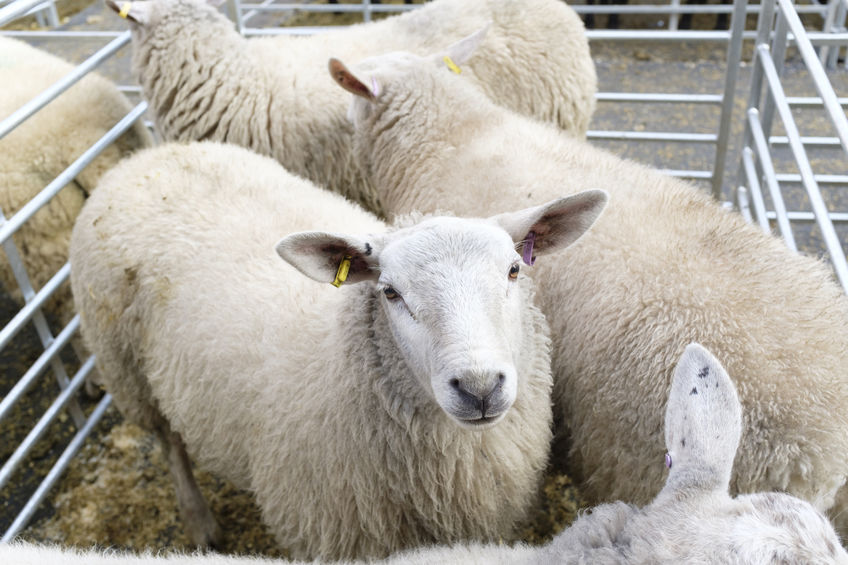UK-EU biosecurity deal offers relief for businesses and farmers

The government has paused extra border checks on EU animal and plant imports, giving traders a welcome reprieve ahead of a landmark UK-EU trade deal.
The deal will create a UK-EU SPS zone, reducing costs and cutting red tape for businesses trading with the UK’s largest market.
The government said today (18 August) that the deal is expected to speed up food trade, making it cheaper and more efficient.
Under the agreement, routine border checks on live animal imports from the EU, as well as non-qualifying plant and animal goods arriving from Northern Ireland and the Republic of Ireland, will not be required.
Some live animals will still undergo inspection at their destination based on assessed risk factors, while non-qualifying goods from Ireland can enter without physical checks, though pre-notification and certification may still be required in some cases.
Biosecurity remains a top priority, with risk-based surveillance ensuring that threats are managed effectively, the government said.
Baroness Hayman, Biosecurity Minister, said: “Our deal with the EU will boost British businesses as we cut cumbersome bureaucracy and make trading food with our biggest market both cheaper and easier.
“Protecting the UK’s biosecurity is essential, and our partnership with the EU will ensure this while delivering for working people as part of our Plan for Change.”
The suspension will be reviewed on an ongoing basis to ensure that UK biosecurity is safeguarded, according to the government.
Once the SPS agreement comes into effect, routine border checks on plant and animal products moving between the UK and EU will be removed.
While negotiations continue, traders must still comply with the UK’s Border Target Operating Model (BTOM), which maintains essential biosecurity, including existing checks.
Defra will work alongside the Animal and Plant Health Agency, Border Control Post operators, and Port Health Authorities to manage biosecurity while minimising disruption to goods flow.
This move follows the June announcement scrapping border checks on EU fruit and vegetable imports to ease trade ahead of the forthcoming SPS deal.








